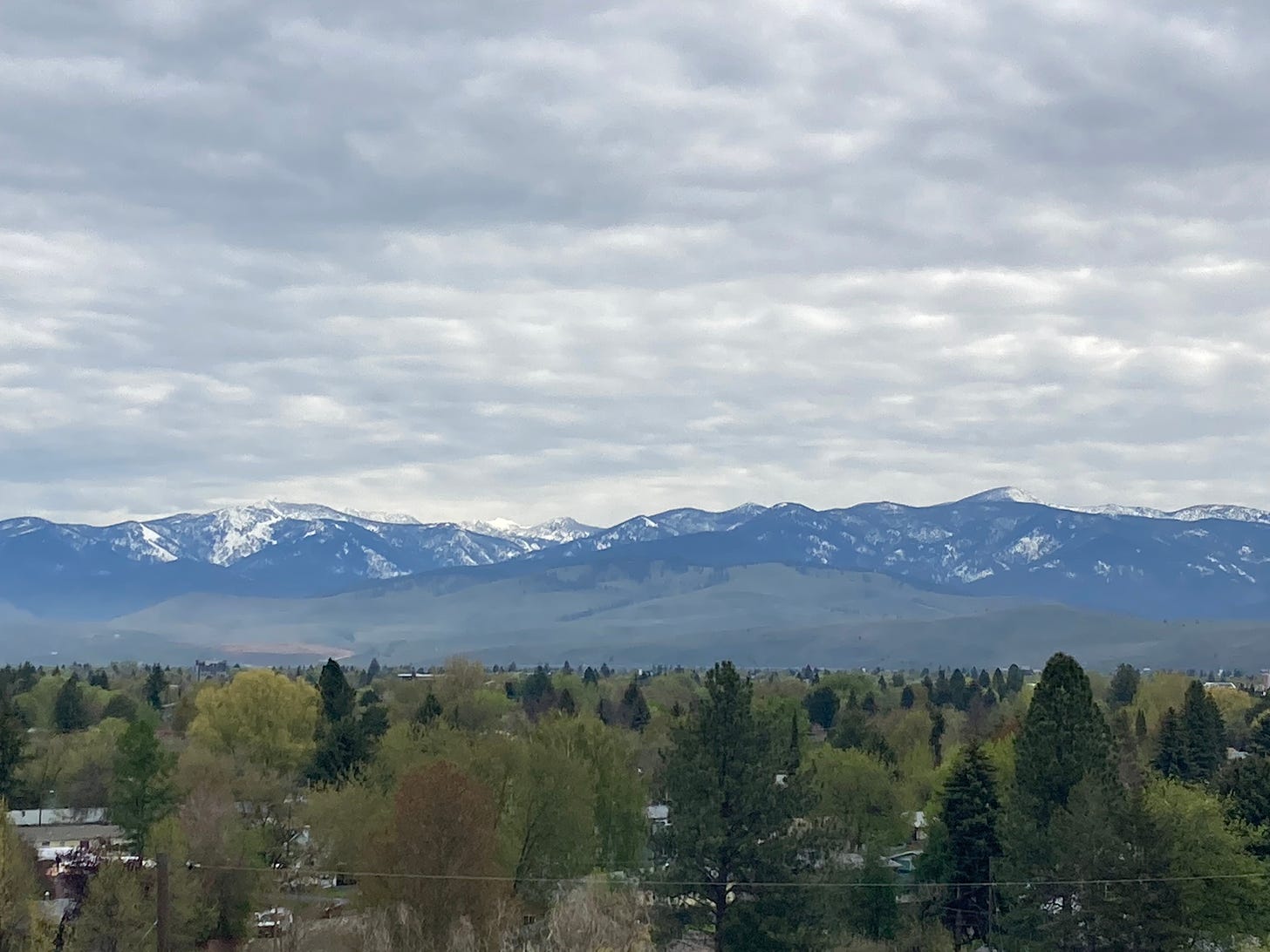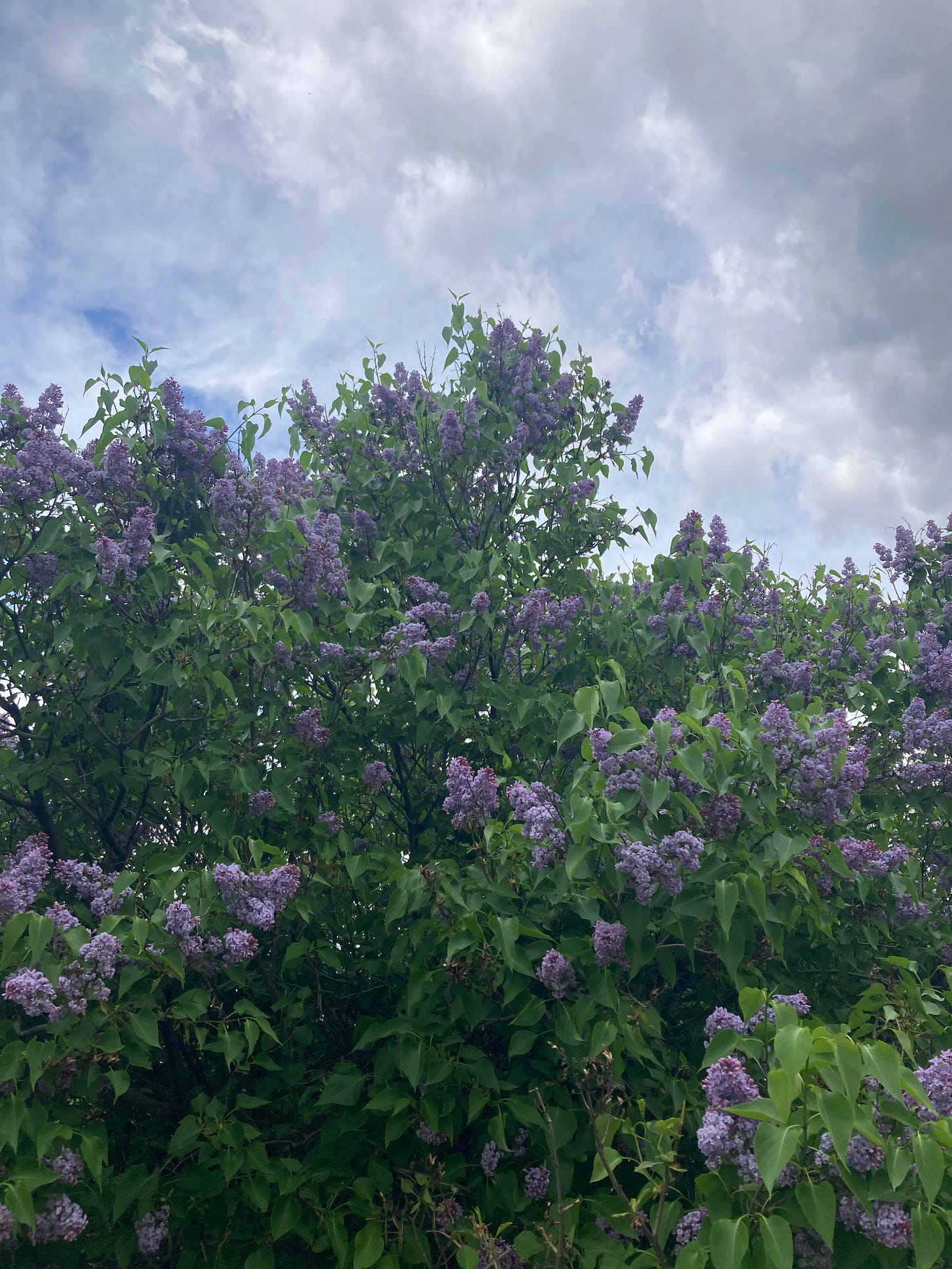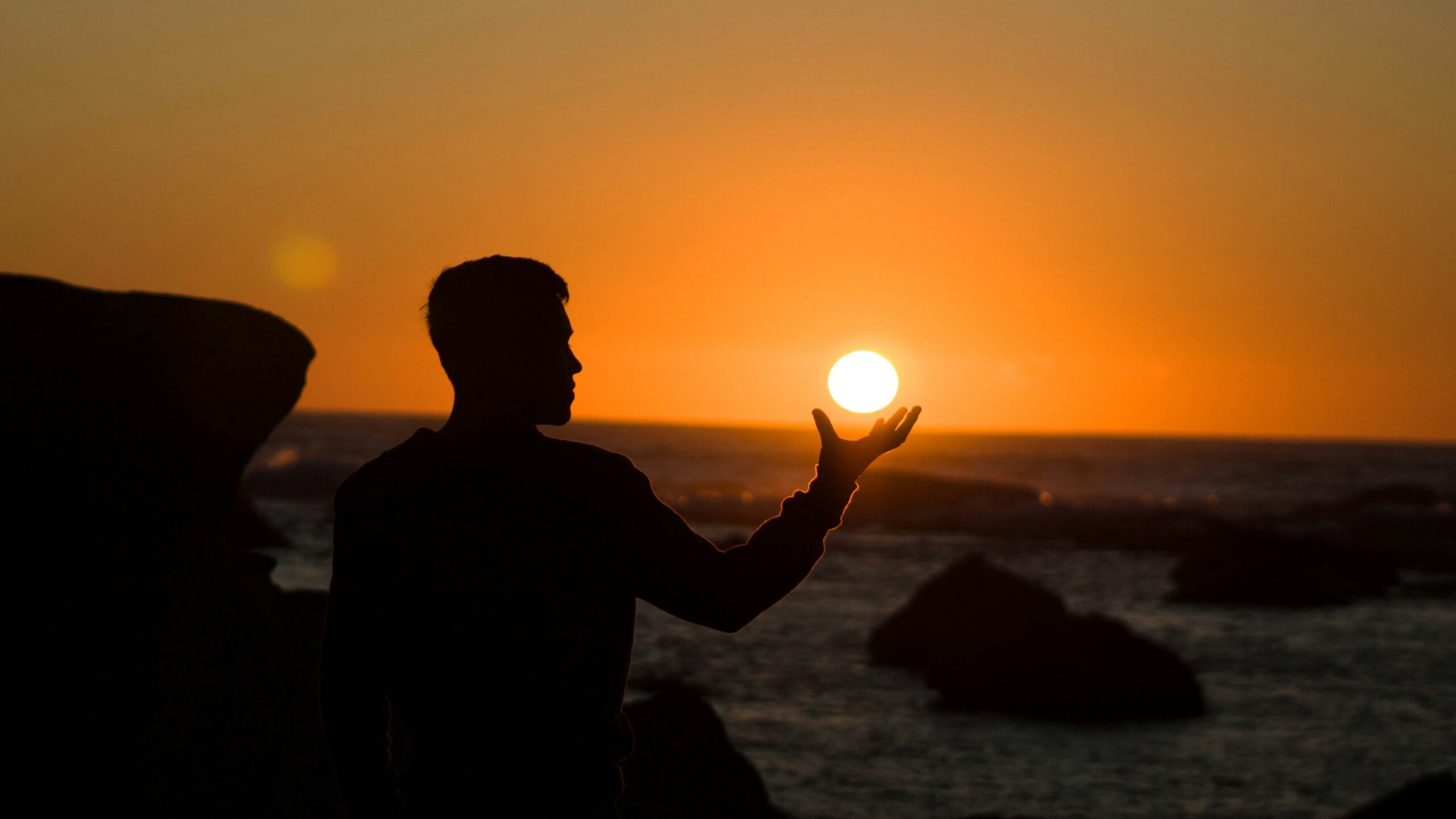· Insights Into Practices
· A Poem, by William Stafford
· A favorite quote this week
· What I’m reading
· Half Day Retreat
· Weekend Retreat
Power, and the right use of power is a favorite topic of mine; both from my past experience as well as the work I do now with leaders and organizations.
When I was a young Zen student, living at the San Francisco Zen Center’s Green Gulch Farm, my good friend and mentor Yvonne said to me “Marc, you have a way of pissing away your power.”
Due to my expensive Zen training, I realized this was not a compliment. At the same time it was a great gift. It led me to delve into the question of power. And it made me wonder – 1) what power did Yvonne see in me that I didn’t see in myself?; 2) how did I give power away?; and 3) what does the right use of power look like?
Power and the wise use of power may be one of the most important topics for individuals, for our organizations, and for our planet today. I’m not talking about that kind of power – the misuse and abuses of power over others, or the power that comes from a need to prove self-worth. Power, in its widest, most positive, truest sense, is the power to be present, to act with clarity, to influence, to connect, and to be an agent of positive change.
How do you give away your power? I’ve asked this question in workshops, trainings and executive coaching meetings and here are some of the most common responses:
· I say “yes” when I mean “no.”
· I avoid conflicts and difficult situations
· I rush from one thing to another, totally caught up in “busyness.”
· I overthink decisions, then overthink my overthinking.
· I underestimate my abilities.
· I don’t make clear requests or ask for help, even though I know others want to support me.
These are just the most popular or common ways people give away power. Others are procrastinating or not making the space for regular wellbeing practices.
Power is like electricity running through wires – completely invisible and completely essential for how we feel, relate, act, and live. When we use our power for good, we support our personal well-being, mitigate fear and self-doubt, foster compassion and understanding, and encourage critical thinking and an open mindset.
Here are some core practices for the right use of power.
· Don’t avoid conflict. Be willing to say no. Be willing to have difficult conversations.
· Be real. Be vulnerable. Be courageous. Be willing to take a stance, especially when it feels difficult.
· Be more realistic about your competence. Turn doubts into possibilities. Be curious. Depend more on others. Try making clear requests.
· Be aware of busyness as a way of avoiding stress and anxiety. Make more space to do less. Try deciding more easily and see what happens.

(Springtime in Missoula, Montana)
A Poem
First Grade, by William Stafford,
In the play Amy didn’t want to be
anybody; so she managed the curtain.
Sharon wanted to be Amy. But Sam
wouldn’t let anybody be anybody else
he said it was wrong. “All right,” Steve said,
“I’ll be me but I don’t like it.”
So Amy was Amy, and we didn’t have the play.
And Sharon cried.
My commentary: Yes, this reminds me of how my mind works at times; my small mind or comparing mind.
And it reminds me of the way people in organizations often communicate with each other.
Shunryu Suzuki says that laughing at ourselves is a form a awakening…
A Favorite Quote
The course of history is unpredictable, as irregular as the weather, as errant as affection, nations rising and falling by whim and change, battered by violence, corrupted by greed, seized by tyrants, raided by rogues, and addled by demagogues.
– This is the first sentence from These Truths, by Jill Lepore
What I’m reading
These Truths, A History of the United States – I’m now reading this book for the third time. It begins with Columbus and ends with Trump. I love better understanding the dark sides and the inspired sides of our history.

Half Day Sitting, In-Person and Online
Sunday, May 26th, 9:00 a.m. – 12:30 p.m. in Mill Valley.
I really like half day retreats, where there is time for some extended meditation periods, some walking, and time to process with a small community. Then, time to enjoy a Sunday afternoon.
Weekend Retreat at Green Gulch Farm
November 1 – 3
Come spend the weekend at Green Gulch Farm, located on the coast, just north of San Francisco. Wake up hearing the sound of the ocean, enjoy the simple but amazing vegetarian food, and explore the garden, farm, and coastal trails.
In our world of busyness, of more, faster, better, this retreat offers time to stop, reflect, and renew – a time to step fully into the richness of your life. Together we’ll follow a gentle schedule of sitting and walking meditation, interspersed with talks and discussions from the wisdom of Zen teaching as we explore how these stories and dialogues may be utilized in our relationships, our work, and our lives.
This retreat is open to all people interested in stopping, exploring, and bringing more awareness and mindfulness to daily life.

